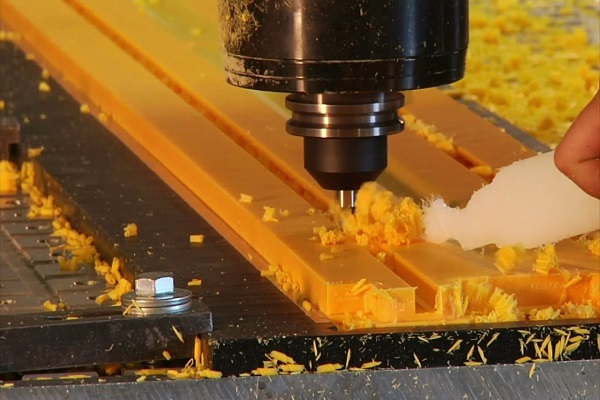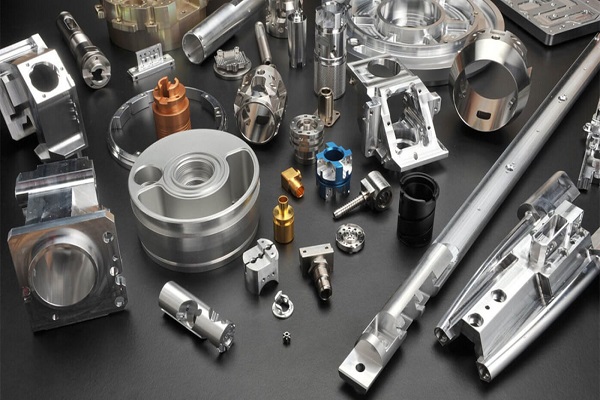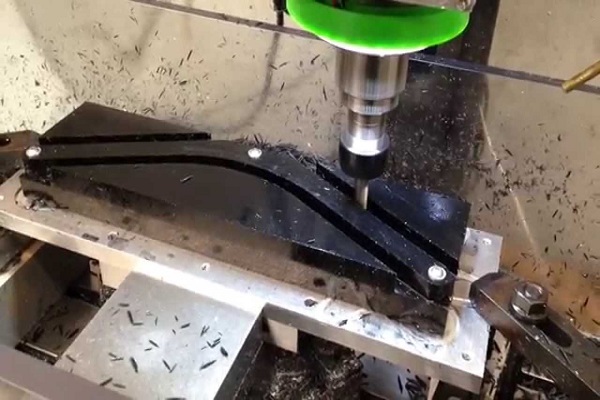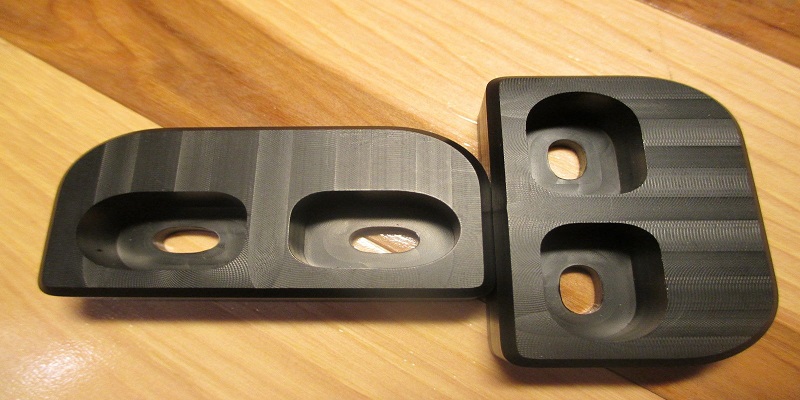- September 28, 2021
Delrin is almost everywhere: from vehicles to consumer electronics and kitchen merchandise,Delrin has many different applications, and produces outstanding consumer items for its strong thermoplastic, and is appreciated by machinists for its good material performance and high machining capabilities.
Delrin Properties and Applications

Advantages of Machining Delrin
Delrin is the ideal material of choice because of its superior friction resistance and low friction coefficient. Attributing to its high corrosion resistance and single-stage production, Delrin has been used as a replacement for metals to create corrosion-resistant, quality parts. Standard Delrin has considerably better tensile strength, good creep resistance and fatigue life, and impact resistance than other materials in its class. These superior mechanical characteristics are when combined in a single material, smaller, lighter-weight components and shorter molding cycles may be achieved, potentially saving costs. Delrin also has a high level of moisture resistance. As a consequence, it is perfect for use in wet environments. It has excellent dimensional stability and robustness, as well as resistance to hydrocarbon, solvent, and chemical attacks.
When developing components for machining Delrin, constant wall thicknesses and fillets and ribs are required. Warping is more likely to occur in large components. Above 121°C, Delrin materials become fragile. Air-based coolants outperform liquid coolants in terms of performance and also speed up the chip removal process. Despite the fact that machining Delrin yields controllable and uniform chips, it is important to remove chips quickly to avoid a sticky build-up on the tool. Using cutting tools designed specifically for Delrin rather than aluminum or other metals can help keep the machined Delrin clean and free of contamination. When machining Delrin, sharp cutting tools with a high clearance angle and cutting lubricant are used. Because Delrin doesn’t have high stiffness, caution is required while working with the Delrin parts. Clamping pressures should take care of.
Finishing of Delrin Machined Parts
For the most part, the machinability of Delrin is straightforward. This covers everything from cutting-to-size thermoforming to Delrin CNC milling and drilling to turning. Because Delrin plastic is acetal homopolymer semi-crystalline thermos-plastic, so it can easily be removed by laser cutting or engraving. Of course, injection molding and plastic extrusion can also be used in its granulated material. Tolerances for Delrin machining are generally +/-0.005.

Finishing services are used to complete the final product, including polishing, edges finish, lamination, and decal applications. Standard machining equipment is used to machine Delrin.
Delrin Machining Recommendations
Delrin machining processes are more easily than most brass or aluminum alloys. In most cases, cutting aids like oils or water are not required. Delrin’s machinability is enhanced when the feed is slow, and the cutting speed is high. Drilling Delrin is simple with a standard twist drill. If the leading edge of the plastic drill is flat, the drill lip angle is adjusted to cut rather than to scrape. Coolant is used while drilling Delrin at high speeds. During machining Delrin, frequent drill withdrawal is suggested if coolants are not being utilized to prevent overheating and chip build-up.
Delrin is suitable for CNC milling and turning. CNC lathes can turn Delrin material very well. It’s possible that tools like chip breakers and back rakes can assist cut down on the amount of noise generated during the cutting process. For the greatest finish on the Delrin machined components, a fast speed and fine feed rate are used. Steady rests are suggested to prevent whipping while turning materials with a high slenderness ratio. When the rotating speed is high, a coolant supply is needed.
The cutting edges of CNC machines and cutters should be kept sharp, so they can be utilized for Delrin Machining in an efficient way. Because of its reduced frictional heat and higher chip clearance requirements in Delrin Machining, single-fluted mills are the preferred type of end mill. When it comes to reaming Delrin, expansion reamers are the go-to choice. To avoid making cuts that are too small, a fixed reamer is used and at least 0.15mm of material is removed during the last reaming step. When working with CNC machines, self-opening dies with high-speed chasers is an option for Delrin. Even while coolant and lubrication are not required, they might be beneficial when working at extremely high speeds. Because of Delrin’s resilience and impact strength resistance, final cuts must be at least 0.15mm thick. When threading lengthy rod stock threads, a follow rest or support is suggested.
Delrin Machining Capabilities
Delrin has high machinability. In the ACETAL family of plastics, Delrin is a flexible low-cost material excellent for parts requiring strength, durability, and superior friction resistance while still being able to be machined to tight tolerances. It’s extremely durable due to its high dimensional stability and low coefficient of friction. It has a reduced moisture absorption rate compared to nylon, making it appropriate for usage in damp situations. As compared to steel, Delrin does have a machining cost factor of 0.7.

For the most part, Delrin is regarded to be one of the most machining-friendly polymers, therefore no special care needs to be taken while working with this material. Having stated that, some design considerations and manufacturing methods work better with it. Armed with technical and manufacturing expertise,modern people use cutting-edge CNC machining equipment and superior customer service, making new machining centers provide precisely machined Delrin components with tight tolerances of 0.0005″ or better. No part design is too basic or complicated. With excellent machinability, Delrin machining services are the best choice for prototype components or large-scale production runs with numbers in the tens of thousands or more.





